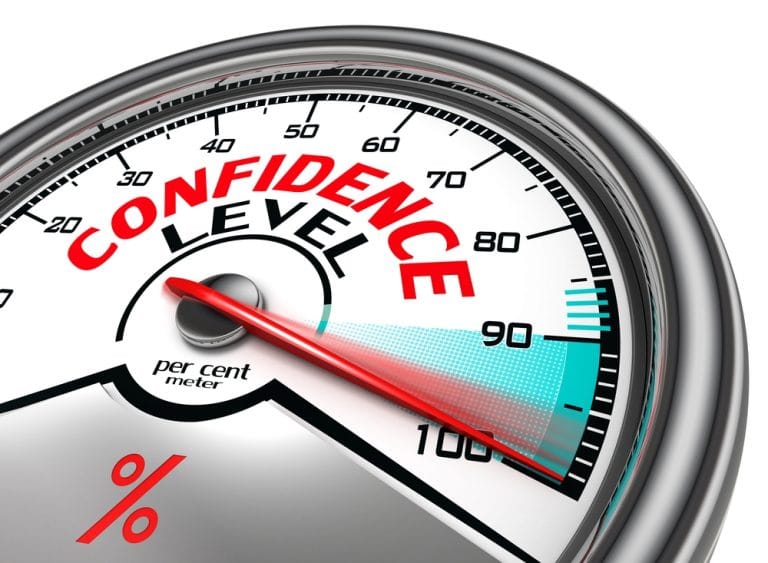This morning I caught myself writing the word sorry in 3 different emails. “Sorry for not getting back to you earlier”, “Sorry for the short notice” and “Sorry I missed your call”.
Why did I feel the need to constantly apologise when it wasn’t a necessary?
The problem with apologising unnecessarily is that it diminishes what you’re about to say and makes you seem and feel small.
Don’t get me wrong, there are of course times when we should say sorry. When we genuinely have done something wrong or have to cancel a commitment. But, how often do you use the word in a day?
The problem with overusing the word sorry is that it makes you seem timid and lacking in confidence. If you’re in a work environment that can cause people to overlook your requests as they judge them as unimportant.
I remember being at a women’s conference and the speaker started off by saying “Sorry if some of you know this already…” then when questions were asked the first woman said, “I’m new to this role so sorry if this is a basic question”. Then the next one asked “Would it be okay to ask…” another diminishing speech habit.
I was shocked at how apologising is seen as polite manners and how much of a habit it has become for women. Having attended lots of other conferences with men and women I haven’t yet noticed any unnecessary apologising by men.
I suggest you give counting the number of apologies you make in a day a go. Remember that it’s not just the word sorry but also other polite introductions such as “would you mind…” or “could I just…” that is diminishing.
Instead, you can remove the word sorry but still be polite and considerate.
Try replacing sorry with positive words, such as:
- If you bump into someone say “After you” or “Go ahead”
- If you’d like to interrupt someone in a meeting rather than “sorry to interrupt’ use “I have an idea” or “I’d like to add”
- If you haven’t replied to a message promptly “Hi Jo, I was working this morning and…”
- If you’re late try “Thank you for waiting”
- If you have been moaning at a friend, instead of apologising for going on say “Thank you for listening”
Using positive and grateful language can really change people’s perception of you and your confidence levels. and enable you to communicate with power.
I’m going to count my apologies tomorrow and I’ll let you know how I got on.
If you’d like to improve the power of your communication skills then book a free call with me at www.speakwithjo.com





